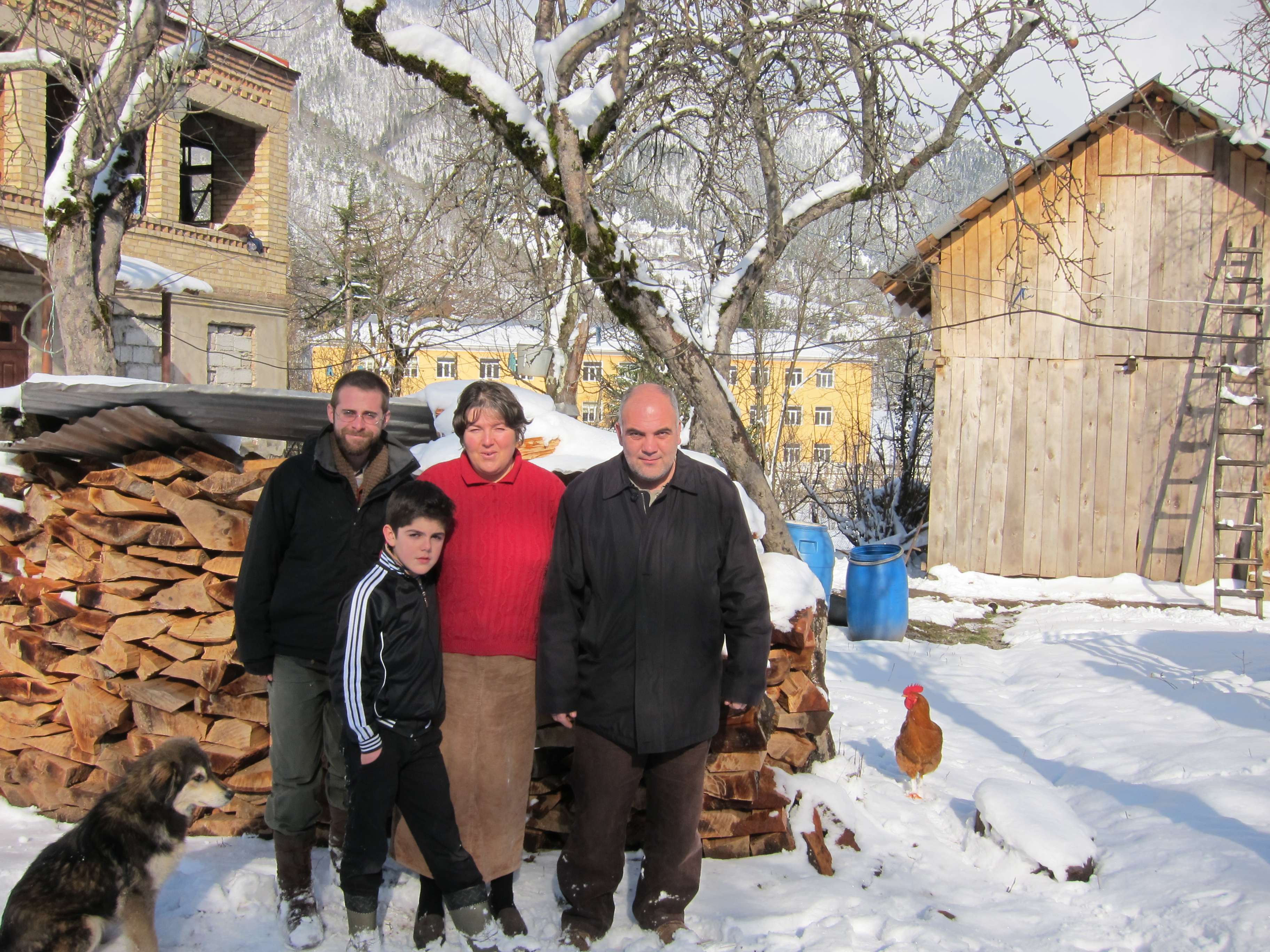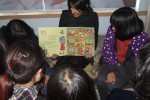Tag: global educators
My Most Proudest Classroom Moment? Gaining A PA
Hello dear readers and welcome back to another installation of (cue trumpets) the Reach To Teach Blog Carnival. This month I’m going to take you back to my teaching days in Bali, Indonesia which was my first ever teaching position and share with you a tale about a young boy I used to teach, he was my first success story.
5 Common Annoyances Teachers Face Abroad
Teaching English abroad can reap many benefits and can be a really life changing experience for the teacher. But let’s be realistic, there are few jobs that come without its challenges and ESL teaching is no exception to this rule. Being prepared for these challenges is our first line of defense against giving up and going home.
What Teaching ESL Has Taught Me
Reach To Teach November Blog Carnival: Teaching ESL can teach us a lot about ourselves as people. Here I discuss teaching abroad has taught me about myself and my personal life. Teaching English in Taiwan and Bali has given me two different ESL experiences that have taught me a lot about myself.
Why We Travel, A Short Travel Documentary by Heather Richards
Why We Travel is a short film that was put together by Heather Richards, a former Reach To Teach teacher and a fellow globetrotter of the world. Heather blogs about her adventures at TravelingVanillaBean.com.
‘How to Meet Locals’ for Dummies
Writer Joshua Gorenflo describes the best ways to meet locals…with a twist. How do you get from the airport to someone’s dining room? Read on to find out!
A ‘How To’ Guide To Volunteering In Vietnam
Our writer Leanne McNulty is back once again with another how to guide. This time she has delved into how to volunteer in Vietnam, where she is currently living and volunteering. Here she provides a wealth of information to cover all aspects of your time volunteering in Vietnam, from where best to stay to what to get involved in.
Global Citizenship: Being A Global Citizen Of The World
Many believe that we should all be global citizens of the world. But wait, what’s that I hear you say, you aren’t sure what a global citizenship is? Allow me to educate you before we continue further. Here I shall explain to you in an easy, understandable way what it is that makes a citizen a global citizen of the world.
What to Focus on in ESL Reading Exercises
It seems obvious to most ESL teachers to approach language education by teaching the meanings of individual English words. After all, words make up the most basic unit of meaning. If letters are the atoms of communication, words are the countless combinations of them that make up so many new and differentiated molecular combinations.











